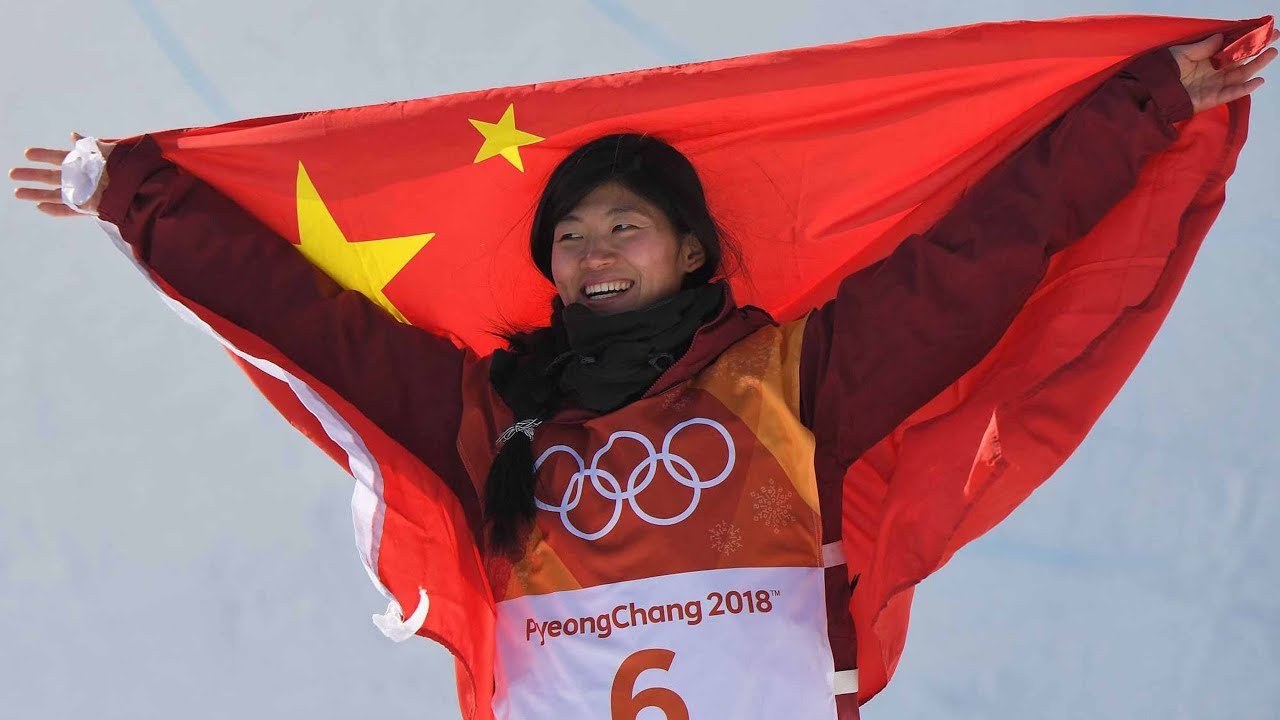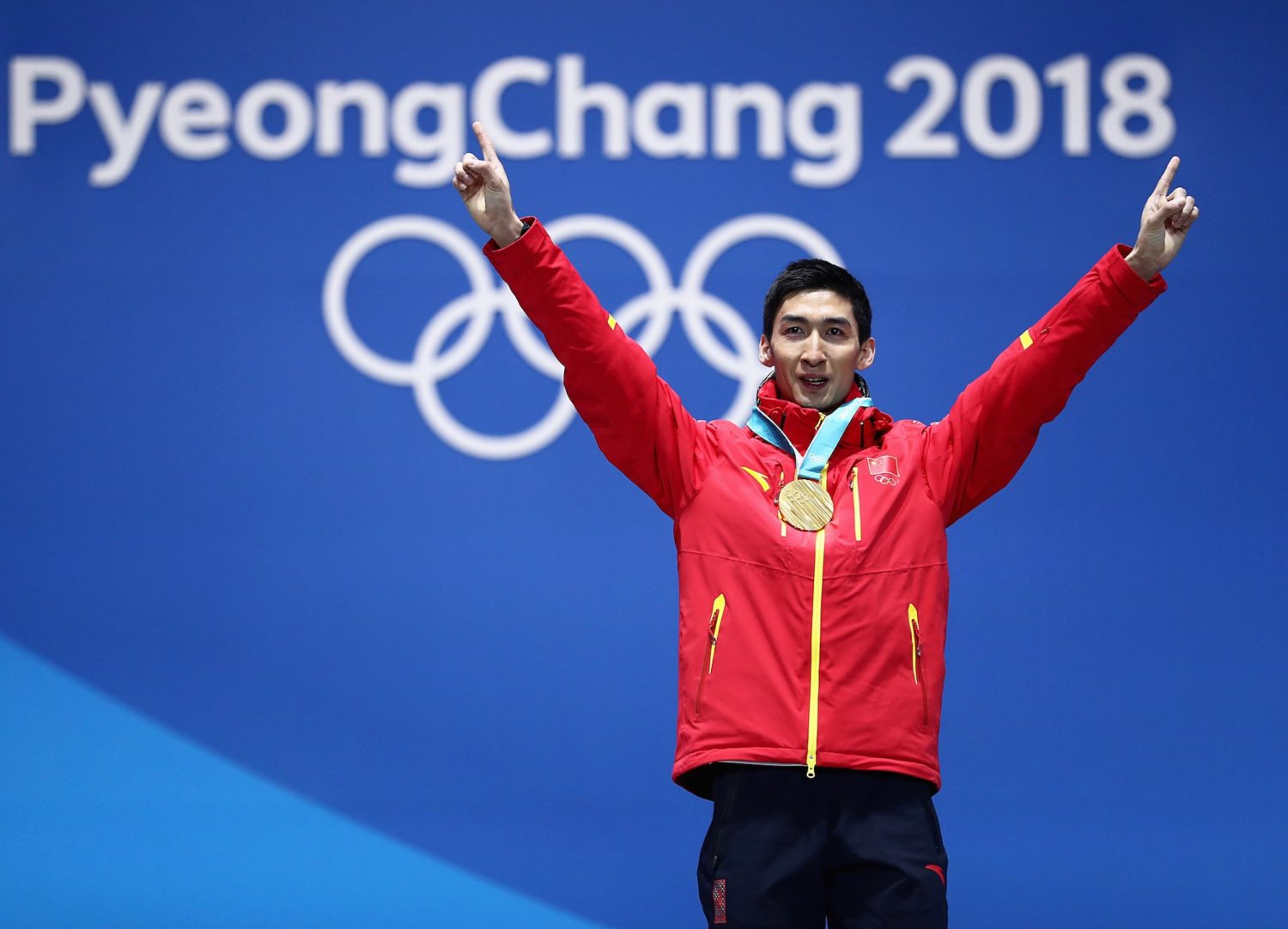
“Every person is born with the right to participate in sports,” says Wang Huan, a researcher with the China Institute of Sports Science in Beijing. Wang commented in response to China’s plans to establish a “lab standard” for selection of athletes to their national teams.

A document posted by the Ministry of Science and Technology stated that athletes with potential will undergo whole-genome sequencing in order to identify markers indicating speed, endurance, and explosive force, as reported by the South China Morning Post. According to the US National Library of Medicine, genes influence muscle fiber types, and those different types are linked to strength and endurance. From now until 2020, the screenings will be administered by the General Administration of Sport of China, the Ministry of Education, and the Chinese Academy of Sciences.

Jiaxue Gene, a private Chinese company, has carried out some genetic testing for the national teams in the past, using oral swabs and blood samples to test for certain gene-related diseases or likelihood of injury that could affect competitiveness. The company has recently been awarded a certificate by the Municipal Government of Beijing to offer these services commercially.

While gene testing specifically in regards to gene doping has been going on with Olympic athletes since 2016, there have been no reports of other countries using genetic testing to select athletes to compete at the elite level. European soccer clubs have used the technology to test for risk of muscle damage, and Australia, Europe, and the US have studied the genotypes of elite athletes from many sports categories.

Another researcher at the China Institute of Sport Science, Zhou Weiai, stated that when China begins using the gene-testing technology, the information derived from the screenings will not 100% determine who would qualify for the next Winter Games, although it will be a part of the selection process, and that the plan as of now is to use the technology for research purposes. According to Zhou, more careful consideration will be needed before the information can be used for athlete selection, especially since no law currently exists to regulate the technology.
This new proposition from China does bring into question the ethics of it all, and what it means for the future and the nature of sports throughout the world. At the creation of the International Olympic Committee in 1894, Pierre de Coubertin stated that “the most important thing is not to win but to take part”- to take part in the Olympic events, but also to take part in the process of getting there.

Traditionally, athletes are chosen through trials and competitions that exemplify athletic ability, grit, determination, sportsmanship, emotional capacity, and the true nature of the sport. Screening for the perfect athletic specimen could take away from the humanity of sport – the challenge, the surprising athletes, the comebacks – and the overall values of sporting events such as the Olympics.
“Each individual has their advantages and disadvantages. The spirit of sport is to overcome weakness and fight for the best,” says Huan. “People should not be judged by the way they were born, but what they strive to become.” (South China Morning Post)